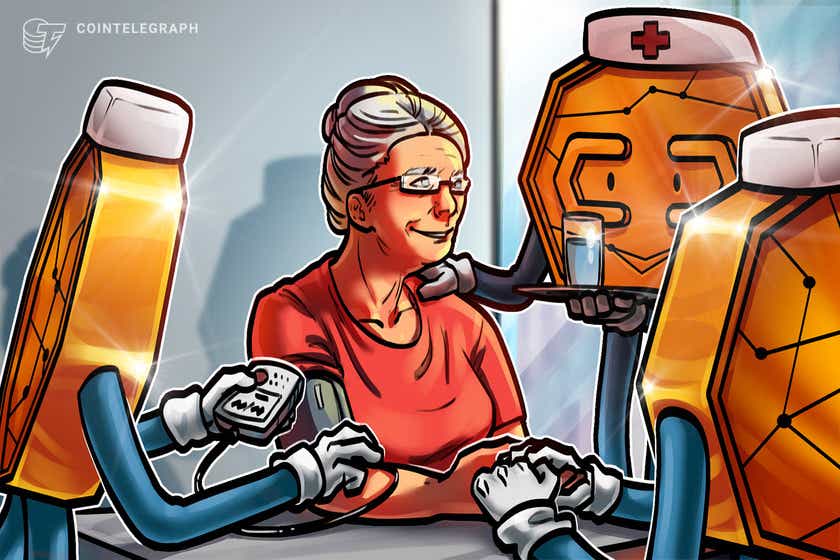Researchers at the Massachusetts Institute of Technology have created a new cryptocurrency-routing scheme to speed up blockchain-based transactions.
In an announcement on Jan. 30, MIT claimed that the new solution called “payment channel networks” (PCN) is able to notably reduce blockchain-based transaction times and even boost profits.
As explained, in PCN, transactions are performed with minimal involvement from the blockchain. “Pairs of PCN users form off-blockchain escrow accounts with a dedicated amount of money, forming a large, interconnected network of joint accounts. Users route payments through these accounts, only pinging the blockchain to establish and close the accounts, which speeds things up dramatically. Accounts can also collect a tiny fee when transactions get routed through them,” the release further read.
While traditional schemes use the shortest path possible to complete a transaction and do not consider a user’s balance, PCNs rely on bidirectional joint accounts, where payments can only be routed on channels with sufficient funds to perform the transactions.
This, according to the release, eliminates a scenario in which one of the users in the joint account handles too many transactions, which could result in a zero balance and make it impossible to route further transactions.
Splitting full transactions
Apart from PCN, the researchers introduced Spider, a technique that splits each full transaction into smaller “packets,” which could be transmitted across different channels at different rates. Vibhaalakshmi Sivaraman, one of the researchers, said:
“Shortest-path routing can cause imbalances between accounts that deplete key payment channels and paralyze the system […] Routing money in a way that the funds of both users in each joint account are balanced allows us to reuse the same initial funds to support as many transactions as possible.”
In a series of recent transactions-related developments in the industry, tech giant IBM was awarded a patent for the development of a “self-aware token” designed to track and record events of an offline transaction. The proposed system relates to financial data processing in an electronic currency platform, as well as to processing e-commerce tokens, which involve offline transactions.









